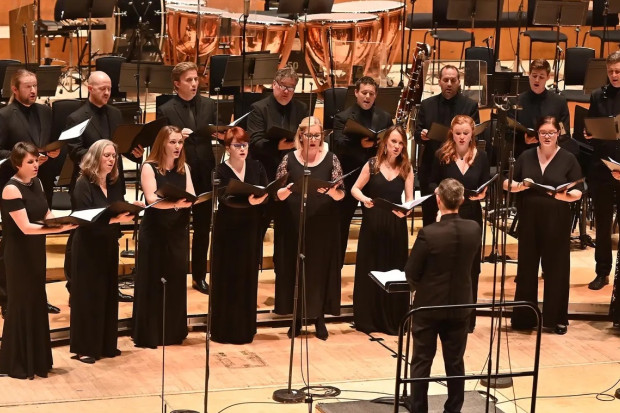BBC Review of Performing Groups
Even the BBC performing groups are struggling under the turbulent financial climate. The BBC have just released a report by John Meyerscough that outlines the results of an independent review of the BBC’s performing groups. Thankfully, the report has recommended that no group needs to be closed as they have been ‘delivering high-quality performances of distinctive repertoire and supporting education and outreach projects”. Furthermore it has been found that the BBC Orchestras run on a lower budget than most in the public sector and funded by the Arts Council. A plan is nevertheless to be implemented to streamlining the administration of the performing groups and to save money, which hopefully will not curtail the BBC Orchestras’ extensive programming.
From the About The BBC Blog:
John’s report recognises that the groups are a core part of the BBC’s public service remit and that each one plays a unique role in British cultural life, delivering high-quality performances of distinctive repertoire and supporting education and outreach projects. It also shows that they have increased their impact and performance in recent years and have already achieved levels of efficiency that compare favourably with other orchestras. Finally, it acknowledges that any savings plan must preserve the groups’ quality and distinctiveness, and minimise the impact on audiences. This follows the principles of all the DQF savings plans, which have aimed to protect ‘content’ spend as far as possible.
We considered the option of closing one of the groups, but concluded that this could not be achieved without significant loss of value to audiences, which would be at odds with our DQF strategy. In John’s words, this approach “would be inconsistent with the Corporation’s editorial needs.” We are, therefore, not proposing the closure of a performing group.
However, we have identified a plan which delivers substantial savings by renewing the ‘creative vision’ for the Performing Groups. In clarifying the unique role and purpose of each group and reshaping their operations accordingly, we agree with John’s analysis that we can “achieve greater effectiveness, fit and flexibility” and achieve considerable savings while “fostering quality and distinctiveness”.
More specifically, this approach reduces costs by: modifying the number of contracted staff in each group to match more closely their output; introducing some session-based contracts to achieve simpler operation and more flexibility; modernising some work practices to encourage flexibility and value for money; and lowering administration costs further by sharing functions, especially among the three London groups and the Proms. Limited increase in box office revenue, while ensuring we retain distinctiveness, also contributes to the plan.
You can read the full report here.
Published on 18 June 2012















